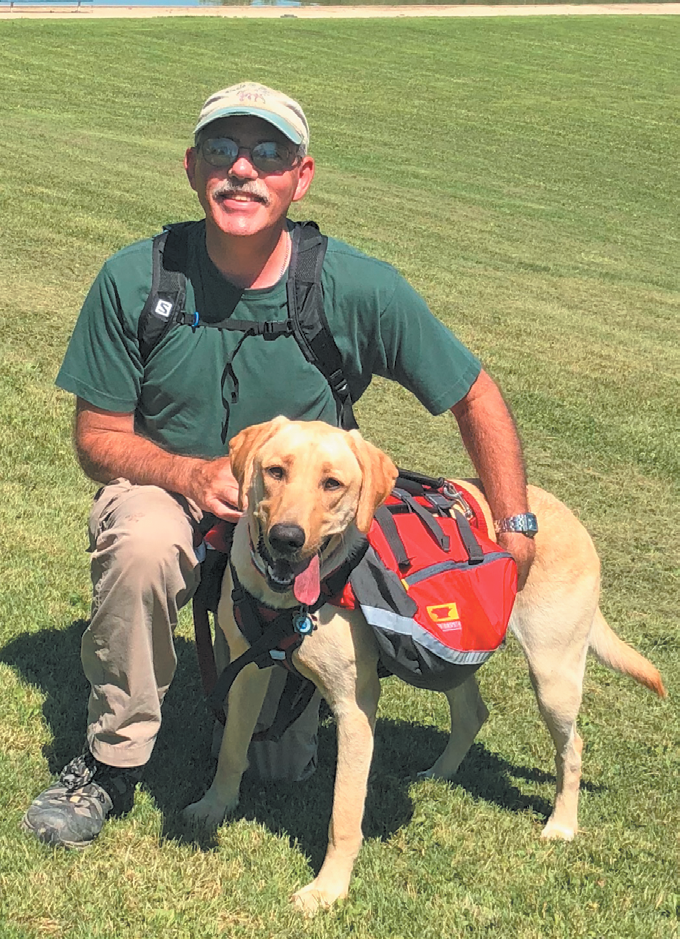Q. I’ve been giving a joint supplement to my 2-year-old Yellow Lab since I brought her home at the age of 8 weeks in order to help prevent problems from hip dysplasia. I know her breed is susceptible and that the dysplasia — a misalignment of the joints — can cause painful arthritis down the line. The supplement comes from a reputable company. However, I don’t know the amounts of active ingredients in the product or even if giving a supplement is a good preventive measure. Can you provide any information on this topic and suggestions for reputable manufacturers?
Ron Cole
Marysville, Ohio
Dear Mr. Cole,
A. Supplements have never been studied for prevention of hip dysplasia. What has been studied is lifestyle, and the results have been very promising. In a long-term research trial on dogs susceptible to the disease, one group was fed diets moderate in calories and thereby remained thin. They were also physically active. A second group of dogs was fed more or less ad libitum and ended up overweight and more sedentary. The upshot: the dogs who were kept trim and active had fewer symptoms of hip dysplasia as they aged. A healthful lifestyle is definitely protective, and since your dog is still quite young, there’s a lot of healthful lifestyle to be had in her future.
If your dog does end up with hip dysplasia and attendant arthritis despite a diet that’s not too high in calories and an active lifestyle, Tufts board-certified veterinary orthopedic surgeon Michael Kowaleski, DVM, says the first order of business is to ascertain that she is (or gets down to) healthy weight and to moderate her exercise plan (no high-impact activities). If those don’t sufficiently take down pain on their own, supplements can be tried. “They don’t work for every dog,” Dr. Kowaleski says, but for some they provide relief.
“I recommend a high-quality supplement such as Cosequin or Dasuquin,” Dr. Kowaleski says. “The manufacturer that makes them does a guaranteed analysis, so each batch has the level of ingredients claimed on the label.” Not all supplements do, as they are not well regulated.
If supplements don’t help, it’s time to consider non steroidal anti-inflammatory drugs (NSAIDs) by prescription, such as Rimadyl or Galliprant. Most dogs with painful hip dysplasia will get at least some measure of relief from such medications.





